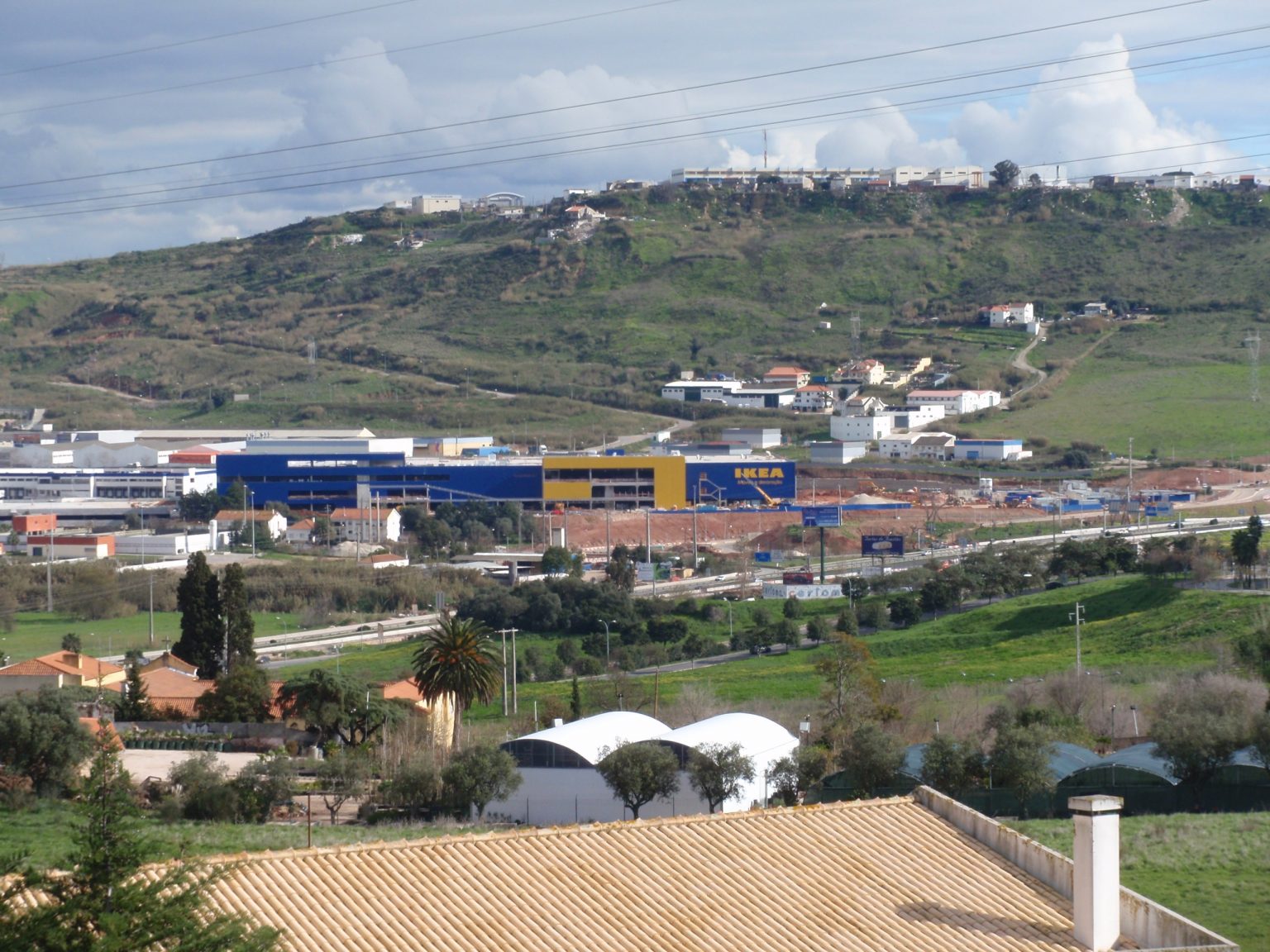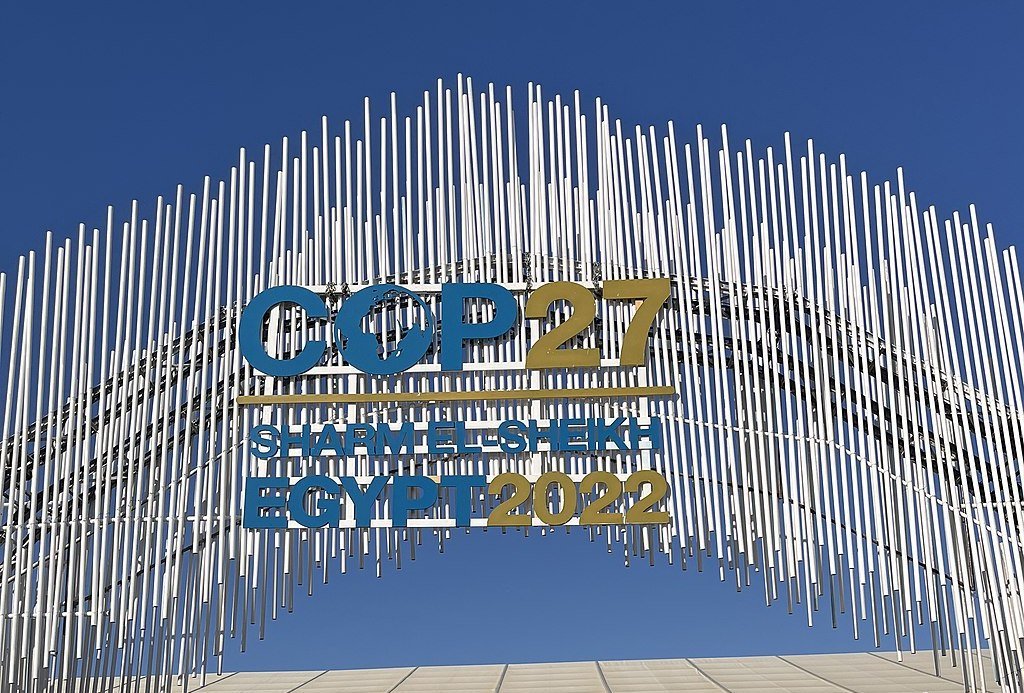In 2018, the new social movement of the Yellow Vests or Gilets Janues emerged in France as a populist grassroots protests. It began on 17th November 2018 and ended 1st May 2021 due to the COVID-19 pandemic and resulting COVID-19 lockdowns.
Until today, France’s Yellow Vest movement is highly controversial, to say the least. There is a fear that they are part of an extremist populism that is undermining liberal values, representative democracy and the European Union.
Yet, the Yellow Vests started as a social movement triggered by the imposition of a fuel tax while later mutating into a protest against neoliberal capitalism. The Yellow Vests challenged neoliberalism’s programme of wealth redistribution upwards: from poor to rich which is, after all a form of class war against the working class.
Yet, Yellow Vests were born out of a fundamental sense of injustice at the dominance of the 1 per cent – this is at the heart of the Gilets Jaunes protest. And this also includes, progressive neoliberal ideas associated with Obama, Blair, Trudeau and Macron. One can see the Yellow Vests as a form of progressive populism with an appeal to the people over and above existing governing institutions.
The contrast between the UK and France could hardly be sharper. Yet, we see the Gilets Jaunes emerging in France whilst Brexit dominated political protest in the UK. As for France, the Yellow Vests are at once both a national political protest and at the same time, part of a global opposition to the market that has been unfolding since the 1980s – the year when Ronald Reagan married Maggie Thatcher. In other words, the French protest against the neoliberal market.
Meanwhile, Britain’s Brexit had just removed an – admittedly highly tamed – somewhat market-moderating institution: the EU. Yet, one might also acknowledges the inevitable: there was a left-wing argument for leaving the EU, which many socialists had long viewed as being a “capitalist club”. The main aim of the EU has not been the introduction of democracy but to push through every single element of Hayek’s deeply ideological catechism of neoliberalism.
Perhaps one of the key arguments about the Yellow Vest is that the Gilets Jaunes is part a manifestation of the urgency of the need to fundamentally transform social life in order to tackle climate change and, in a way, which is socially just rather than being an expectation that the poorest will pay for the cost of it. The last point is crucial as it is evident that the contemporary lifestyles of the rich are completely unsustainable in any future model for a sustainable world-system.
Overall, one might argue, the Gilets Jaunes represent a revolt of the popular classes to the threat of increased neoliberal reforms in France. The popular classes include those the EU classify as the working poor and the non-working poor as well as, the working classes, the unemployed, the retired, the disabled, sections of the middle-class, and other marginalised social groups.
Indeed, for centrist liberals in France, in fact, the Yellow Vests are something far worse: an autonomous working-class rebellion. It is a reminder of billion-dollar-man Nick Hanauer’s memorable warning about the Plutocrats and the Looming Pitchfork Battle. In this context, the “centrist liberals” are not to be understood in the American perception.
Instead, France’s centrist liberals are the willing executioners of neoliberalism. They supported the bailout of the banks during the Global Financial Crisis (2008ff.). The Yellow Vests represent the exact opposite. The hegemonic ideology of neoliberalism has led governments to provide relief to the wealthiest, in this case the banks. At the same time, others have lost their savings and houses.
Perhaps the neoliberal agenda can be truly summed up in the words of Adam Smith, all for ourselves, and nothing for other people – the vile maxim of the masters of mankind. For the more religiously inclined, Hayek’s and von Mises’ neoliberalism strictly operates according to the Biblical Matthew Principle, for to every one who has will more be given, and he will have abundance; but from him who has not, even what he has will be taken away.
Neoliberalism have never existed in contradiction to fascism. In fact, von Mises was able to act as an advisor to Austria’s fascist Chancellor Dollfuss in 1933, while his ideological off-sider Hayek was supportive of the neo-fascist dictatorship that overthrew the democratically elected Allende government in Chile in 1973. The historical evidence points to a strong fascism-neoliberalism link. Indeed, neoliberalism works much more smoothly as a system without democracy.
As a representative of neoliberalism, the global investment firm Black Rock welcomed the election of French President Macron immediately telling him what to do, labour market reforms that would make it easier for French businesses to hire and fire workers. Set against this, the Yellow Vests are best understood as a broadly progressive protest movement. This resurgence of class forms its identity. It remains the most striking feature of the Gilets Jaunes.
One of the most essential points that adds to the understanding of the Gilets Jaunes occurred on 17th November 2018. At that time, Macron’s neoliberalism government planned a rise in fuel tax to build an environmentally sustainable society. Yet, the money was not being invested in green public transport or anti-pollution measures.
For the Gilets Jaunes, it was just another ruse to make the poorest pay. On 17th November 2018, between 300,000 and 400,000 people protested across France. The protests only ceased with the introduction of Covid-19 restrictions in September 2020.
In terms of the composition of these protesting Yellow Vests, 58% came from the far left or left and 18% from the right or far right. The somewhat unclear mixture might also have occurred, in part at least, because of the lack of a clear political ideology shaping the protest as well as, the lack of a central organisation as the Gilets Jaunes are a decentralised protest.
Adding to the confusion was the fact that, a CNN news story, characteristic of many, claimed that a study revealed 50% of Yellow Vests believe in a global Zionist conspiracy.
On the 50% statistics, some might like what the economist Aaron Levenstein once said, statistics are like bikinis. What they reveal is suggestive, but what they conceal is vital. On the CNN story, one might argue that this does not, however, define the movement.
On the political orientation of Yellow Vests, one might say, to be clear, the Gilets Jaunes are neither syndicalist nor anarchists. Rather, they have embraced practices and ideas which are most strongly associated with libertarian left-wing ideologies.
Perhaps, the Gilets Jaunes are a manifestation of a progressive populist protest rather than a social movement with their actions shaped more by a collective moral outrage than a commitment to any political ideology. Overall, the Gilets Jaunes do not have a kind of revolutionary theory that Lenin had in mind. Instead, the Yellow Vests have embraced libertarian ideas of direct action, mutual aid and cooperation. To a large degree, action is established by consensus whenever possible.
This includes an idea put forward by French philosopher Rousseau who wrote, the English people thinks it is free; it is greatly mistaken, it is free only during the election of Members of Parliament; As soon as they are elected, it is enslaved, it is nothing. Let-the-Bodies-Pile-Up-High UK leader Boris Johnson testifies this point. Rejecting this, the Yellow Vests have no equivalent of a charismatic leader and the movement, thus far, would cut down any such development very quickly.
While not being able to rely on something like Boris Johnson’s highly supportive Murdoch press, the Gilets Jaunes have little capacity to frame mainstream media narratives. Framing the media narrative is something BoJo can do to perfection. Somewhat similar to BoJo, Macron’s political party carries on with the neoliberal agenda.
As a far-right party, they espouse a language about social order, hierarchy and migrants. While this assured Macron’s and BoJo’s election victory and BoJo’s Brexit, this is not part of the Gilets Jaunes. As too many rallied behind Brexit and BoJo, the Gilets Jaunes emerged as a protest against the political system and political parties.
One might sum up the Yellow Vests with the fact that the very presence of the Gilets Jaunes is an affront to the neoliberal order and the French state. Furthermore, the Gilets Jaunes represent a popular class in opposition to neoliberalism, while simultaneously also characterising a huge sector of French society whose lives do not fit with the President’s agenda.
In the end, Yellow Vests or Gilets Jaunes suffer from several problems. The Yellow Vests are a movement that remains hard to categorise within established ways of thinking. Other than the voice it can muster at protests, it lacks a powerful voice. As a consequence, journalism, tabloid-churnalism, right-wing and corporate media aligned to capitalism’s prevailing hegemony of neoliberalism had a field day in creating an anti-Yellow Vests perception.
The Barricade is an independent platform, which is supported financially by its readers. If you have enjoyed reading this article, support The Barricade’s existence! See how you can help – here!
Also, you can subscribe to our Patreon page. The Barricade also has a booming Telegram channel, a Twitter account and a YouTube channel, where all the podcasts are hosted. It can also be followed in Rumble, Spotify, SoundCloud and Instagram.











